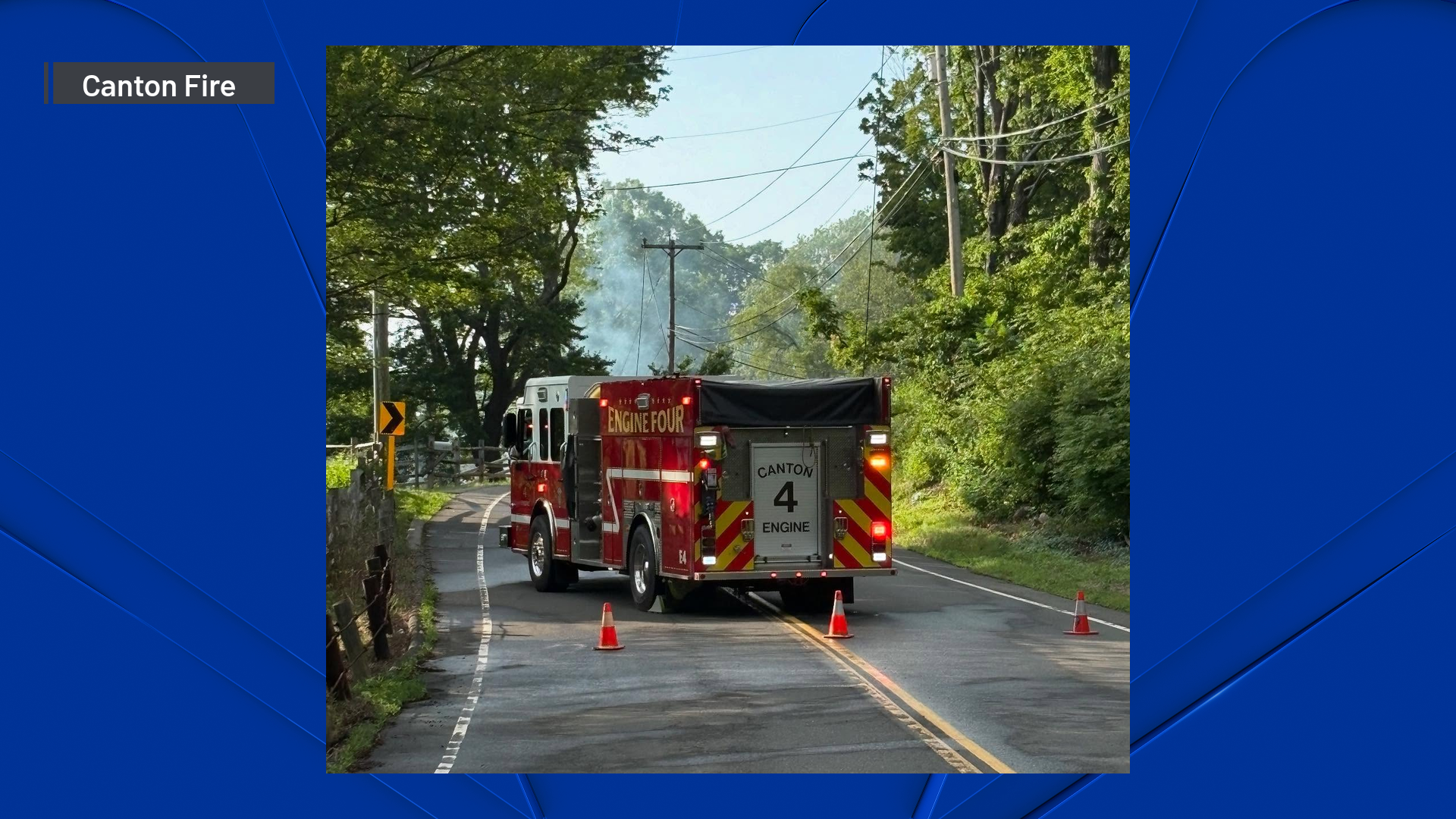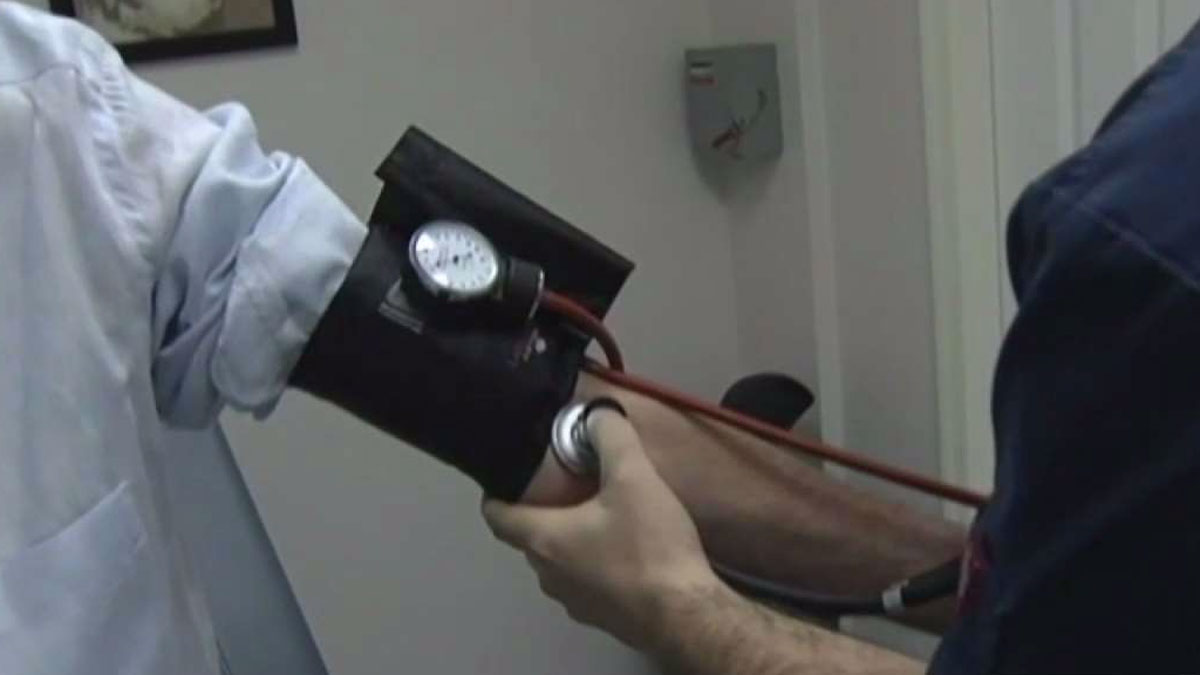Keith Grant is the Senior Assistant Director for Infection Prevention at Hartford HealthCare and one of the faces of COVID-19 education during the pandemic focused on helping inform the public’s understanding of the disease and the vaccine.
Throughout the month of February, we are highlighting community leaders working to make a difference. It's a part of our "Connecticut in Color" Series.
Keith Grant has become a trusted voice when people have questions about infectious diseases, especially COVID-19. Grant's role in the United States Air Force along with some humble beginnings is allowing him to serve his country with medicine.

Grant is the senior assistant director for infectious prevention at Hartford Healthcare. He's tasked with understanding the latest viral diseases and coming up with solutions to try and prevent potential spread.
"I enjoy doing this where we get to watch how the science works and appreciating the fact that people drive the numbers and your actions," said Grant.
The nurse practitioner told NBC Connecticut that he's come to appreciate his role as a Black medical leader especially throughout the COVID-19 pandemic.
"This is the first time I think in my professional career that I've really appreciated being Black," said Grant. "I've never been in a position where it's so prominently outlined like we're having regular conversations centered around race."

He's also juggling an Air Force career and has been for the last 16 years. It's his time in the military that's allowed him to pick up his nursing practitioner license and get a better understanding fo why more people of color are needed inside the medical sector.
Local
"I loved being in the military and serving as a medic," said Grant. "It also allowed me to see the limited amount of people of color in the field and I believe we really need to pay attention to the matter."
According to data released by the Association of American Medical Colleges, only 5% of active physicians identified as Black in 2018, and only 5.8% identified as Hispanic, while at least 56% identified as white.

"Representation is really important in all fields but particularly in medicine during a pandemic because there's a real distrust," said Dr. Lorenzo Boyd, the vice president for diversity and inclusion at the University of New Haven. "What we need is more doctors and nurses that are from the Black community and identify as being Black and brown and who will advocate for them."
Grant is hoping younger people of color are given both resources and opportunities to pursue a career in the medical field in the future.
"If we appreciate that there is a longing from younger people of color to pursue health care careers then we need to make a commitment to ensure they have what they need to succeed," said Grant. "We also need more mentorship once people are inside the medical career."



